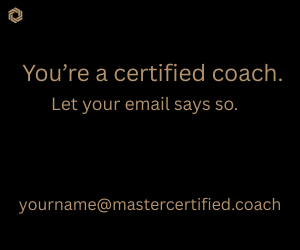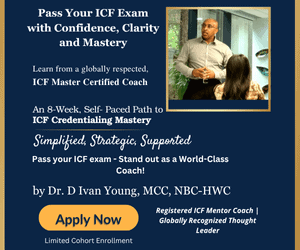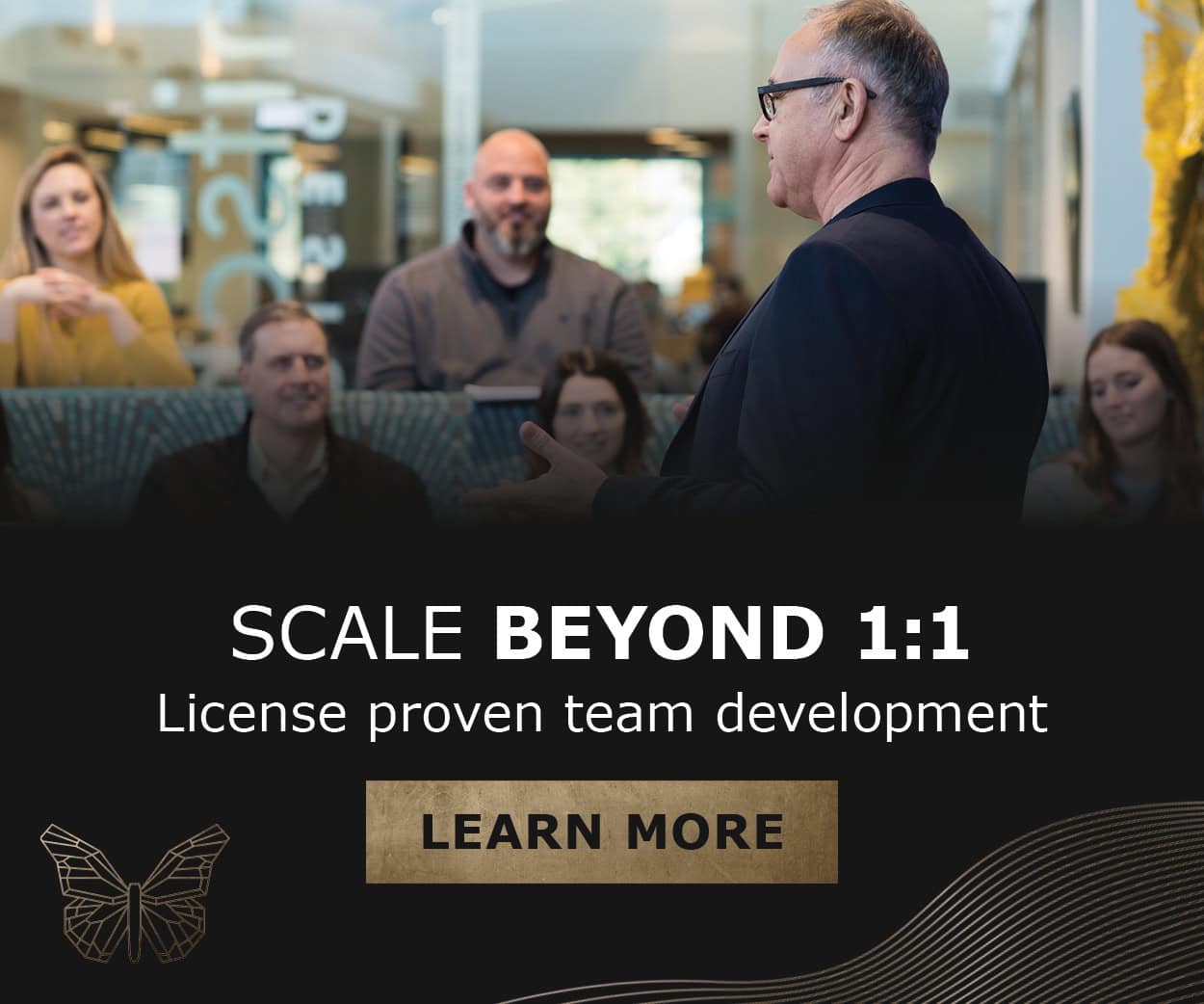Have you ever walked into a networking event, heart racing and feeling slightly overwhelmed, wondering why you decided to come (and wanting to immediately run away)? If so, congratulations: You’re human!
We humans are hardwired to seek social connection because a sense of belonging is critical for our survival. Whenever we enter a room full of strangers, our brains have heightened threat detection since it’s uncertain if we will be accepted or rejected by the group.
That’s a significant challenge for a coach who’s trying to build a coaching business. This fear of being rejected is what often holds back even the best coaches from fully engaging with potential clients. Once we realize that the root cause of this nervousness around connection and rejection comes from our brains, we can learn that there are also ways to work with the brain to help it calm down and connect.
What Does It Mean to Connect?
Many people have false beliefs about what connection means. It’s common to think of connection as getting along well with another person, which puts pressure on you to “be likeable.” But connection is not about someone liking someone. It’s not about sharing similar interests, beliefs or opinions. And it’s definitely not connection if you are putting on a mask to impress people. Connection is about finding a way to offer your authentic self to the other person just as you truly are (and not how your Instagram account portrays you).
3 Easy Tips to Stop Feeling Nervous and Start Connecting
Connection is so anxiety inducing because it requires this vulnerability to be open to another person. Here are three easy tips to override the fear factor of connection and start connecting with anyone, anywhere: human to human.
1) Remember: If You Suffer from Impostor Syndrome, You’re in Good Company
It really helped me to know that even the smartest and most talented people suffer from impostor syndrome. Neil Armstrong felt like he didn’t belong in a room full of accomplished people because, you know, all he did was go to the moon. Albert Einstein told a friend he felt like an “involuntary swindler” because he felt people thought too highly of his work. Hearing these stories made me realize: That insecurity I feel? So many of us feel it. It’s a natural, normal part of the human experience, and it bonds us together. Now I enter a room thinking, most of us here are feeling like impostors so we already have something in common!
2) Focus on the Fact that You are Both Just People
When I first started coaching powerful clients like CEOs and billionaires, I worried if I was good enough. These people are used to the best of the best, I would think to myself. They don’t have time for any mistakes or inefficiencies. Are they going to berate me if I’m less than perfect? But I learned that when I have these doubts, I can take a deep breath and remember that we are all just people. We want the same things: to feel good enough, to be listened to, and to be genuinely cared about for who we are. We want to feel safe and accepted for being our true selves. So, I remind myself that I have the coaching skills to be of service to these other humans. I can help them to feel less lonely and more connected. When I focused on just being with another person who is in need, I could ignore all the other stuff, remove the fear, and get on with my coaching.
3) Keep Yourself Focused on Something Other than the Fear
When attending meetings or events that make me feel nervous, I give myself a job to focus on. I tell myself, Lisa, it’s your job today to make people feel relaxed and welcomed at this event. This thought helps me to turn off my anxious thoughts about myself because the focus is no longer on me, it’s on being there for other people. Taking on a meaningful cause on behalf of others can make us feel more courageous than we would be if our motivation were only for ourselves. This “job” also helps me have deeper, more meaningful conversations with potential clients immediately because I feel empowered to discuss topics beyond small talk.
As coaches, we know transformation doesn’t happen overnight, but taking these small steps can help us (and our clients) break past the nervousness of networking and start to build deeper connections. All it takes to connect with anyone is a little practice, a little courage, a little vulnerability, and a commitment to being open to your fellow humans.
© Lisa Christen 2020
Disclaimer
The views and opinions expressed in guest posts featured on this blog are those of the author and do not necessarily reflect the opinions and views of the International Coach Federation (ICF). The publication of a guest post on the ICF Blog does not equate to an ICF endorsement or guarantee of the products or services provided by the author.
Additionally, for the purpose of full disclosure and as a disclaimer of liability, this content was possibly generated using the assistance of an AI program. Its contents, either in whole or in part, have been reviewed and revised by a human. Nevertheless, the reader/user is responsible for verifying the information presented and should not rely upon this article or post as providing any specific professional advice or counsel. Its contents are provided “as is,” and ICF makes no representations or warranties as to its accuracy or completeness and to the fullest extent permitted by applicable law specifically disclaims any and all liability for any damages or injuries resulting from use of or reliance thereupon.
Authors
Post Type
Blog
Audience Type
Experienced Coaches, External Coaches, ICF Chapter Leaders, Internal Coaches, Mentor Coaches, New Coaches, Professional Coaches, Team and Group Coaches
Topic
Building a Successful Coaching Business, Business Development
Related Posts
The Executive Coaching Blueprint: Positioning, Pricing, and Performance
Transitioning from corporate to coach can feel like uncharted territory for many…
Why Coaches Need Other Coaches
Setting the Foundation When you’re learning about the field of coaching while…
Expanding Coaching Possibilities With the Coaching Spectrum Framework™
When I discovered coaching 14 years into my career as an occupational…








